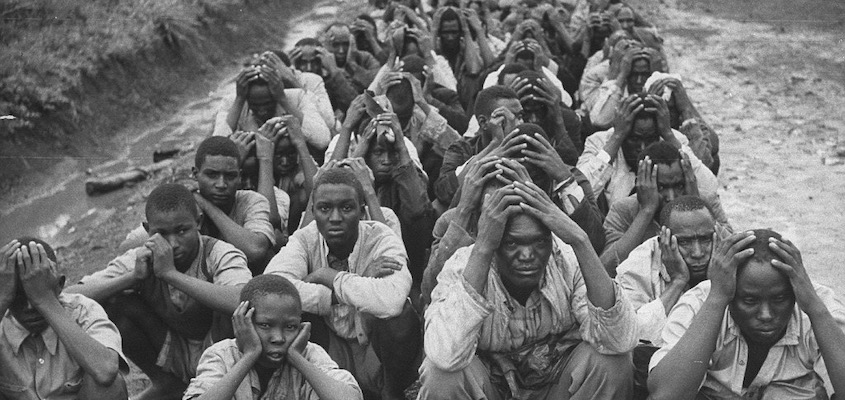by WAYNE DOOLING

The colonial powers have never been called to account for the human cost of their centuries of global rampage.
“It’s high time to examine the empire’s deadly toll.”
In its 2019 election manifesto, the Labour Party pledged to conduct an “audit of the impact of Britain’s colonial legacy,” with the goal of understanding “our contribution to the dynamics of violence and insecurity across regions previously under British colonial rule.”
Such a move would be welcome. A narrowly focused school history curriculum means that most Britons grow up with a limited knowledge of the history of the British empire and about the consequences for indigenous peoples in foreign lands. A view of the empire as essentially benign easily feeds into the sensibilities of a nation that believes itself to be bound by the rules of “fair play.”
Especially lacking is an understanding of how the British empire might appear from the perspective of the people who were conquered. The British empire is often seen as a force for good, as one that put an end to slavery and the slave trade, liberated foreign peoples from the tyranny of their rulers, replaced despotism with the rule of law and introduced millions to literacy, western medicine, commerce and Christianity. There are those in Britain today who greatly admire empire-builders such as Cecil Rhodes for their “sheer ambition, work ethic and self-belief.”
But the reality of empire was rather more complex and substantially less benign. The legacy of the British empire is more than a balance sheet of debits and credits.
“There are those in Britain today who greatly admire empire-builders such as Cecil Rhodes.”
My own research has focused on southern Africa, where Britain first showed a significant interest in the region as Dutch rule drew to a close at the end of the 18th century. The association of the ideology and practice of apartheid with Afrikaners, the descendants of Dutch settlers in South Africa, and the catastrophic rule of the ZANU-PF government in present-day Zimbabwe has allowed modern Britain to successfully distance itself from its role in colonial conquest, the making of white minority rule, and the ensuing poverty of Africans in the region.
Yet it was Britain that ensured that South Africa and Zimbabwe entered the 20th century as countries rigidly stratified and segregated along racial lines in which white minorities held political power at the expense of a disenfranchised African majority. Here the rule of law meant rule by white settlers in the interests of white settlers.
Violent from the Start
In the first instance, the British empire grew out of military conquest, a bloody business by its very nature. In southern Africa, as elsewhere, it was accompanied by substantial violence, frequent starvation, much misery, an untold number of deaths, and the mutilation of African bodies by British soldiers for the purpose of taking souvenirs.
Black Agenda Report for more
